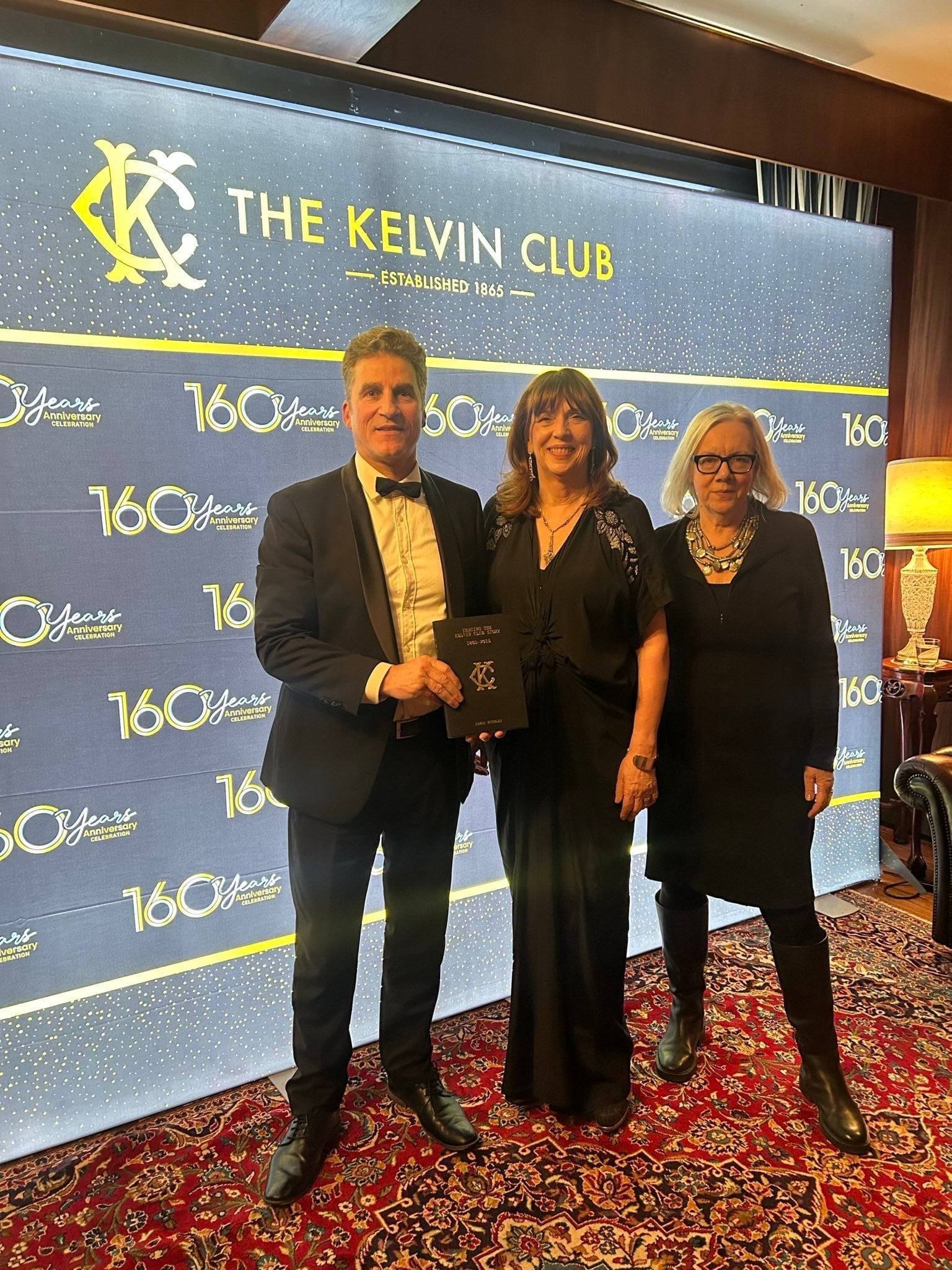- Published:
- Friday 22 August 2025 at 2:21 pm

I begin by acknowledging the Traditional Owners of the lands on which this building stands – the Wurundjeri people of the Eastern Kulin Nation – and pay my respects to their Elders, past and present.
Thank you to Jacqui Wandin for the warm welcome.
It is a pleasure to join you all here this evening.
This is not my first time at the Kelvin Club – I have previously attended in my capacity as the Vice Chancellor of RMIT University – during which I learnt of your Club’s longstanding connection to the engineering and scientific communities in Melbourne.
In launching Tracing the Kelvin Club Story, I would first like to reflect on another book, The City in History, by the historian and sociologist Lewis Mumford.
In it, Mumford speaks of the importance of what he describes as “dramatic dialogue.”
He argues that diverse perspectives should exist alongside one another, and that meaningful interactions between them create the “urban drama” that invigorates a city as a “theatre of social action.”
Conversely, he writes that “the most revealing symbol of the city's failure, of its very non-existence as a social personality, is the absence of dialogue.”
An open and thriving city, and democracy more broadly, relies on the existence of places in which ideas can be exchanged, viewpoints can be tested and common understandings found.
For 160 years, the Kelvin Club has provided the space for its members to engage in these meaningful interactions.
As we mark this significant occasion, there is no better time to reflect on the lengthy history of this Club in this city.
Established as the Fitzroy Bowls Club less than two decades after Melbourne was proclaimed a city, this Club has been part of this city’s development since its earliest years.
Those years represent countless events and conversations that have taken place within these walls – not only here, but also at its former locations.
Across time, the Club has reflected and adapted to the physical, political, social and cultural transformations that have come to define the Melbourne we know today.
I’m pleased to see that, in order to accurately capture this history, you have made a concerted effort to understand the breadth of activities undertaken in and by the Club and its members.
The personalities and stories described in this book offer an invaluable insight into the social history of the Club and its broader connections with the city.
Such reflections add the colour that brings this institutional history to life, beyond the official records and archives.
You do not need to be passionate about history to understand the importance of preserving the stories of our past.
Through understanding our heritage, we sustain the meanings, cultures and experiences embedded within institutions like this, allowing them to live on and inspire future generations.
By telling compelling stories about our past, we can more effectively assess our current priorities and proposed directions for the future.
While we mark a milestone this evening, what we really celebrate is the bright future for the Club and the many more decades of ‘dramatic dialogue’ that lie ahead.
I’d like to congratulate everyone who has contributed to bringing this important project to fruition, particularly its author James Nicolas.
It is now my great pleasure to commend to you and officially launch the Tracing the Kelvin Club Story.
Thank you.
Updated

